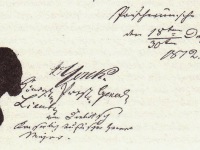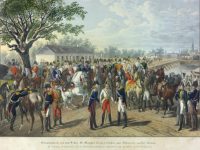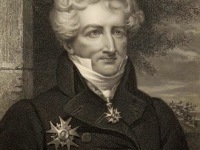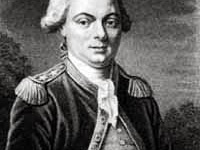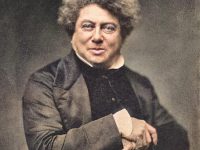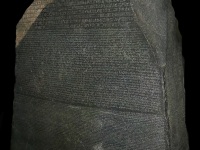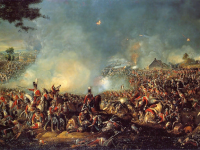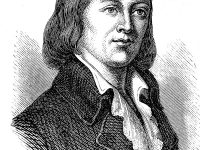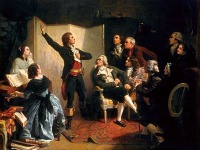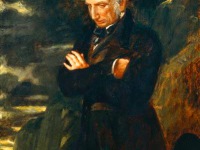The Convention of Tauroggen and the European Liberation Wars
On December 30, 1812, Prussian General Johann David Ludwig Count of Yorck von Wartenburg on his own initiative without permission of the Prussian King decleared a local ceasefire with the Russian General Hans Karl von Diebitsch-Sabalkanski at Tauroggen. The eponymous Convention of Tauroggen marks the starting point of Europe’s Liberation Wars against Napoleon Bonaparte. The City of Tauroggen Today, Tauroggen, or Taurogé, is a small industrial city in Lithuania not far from the…
Read more

